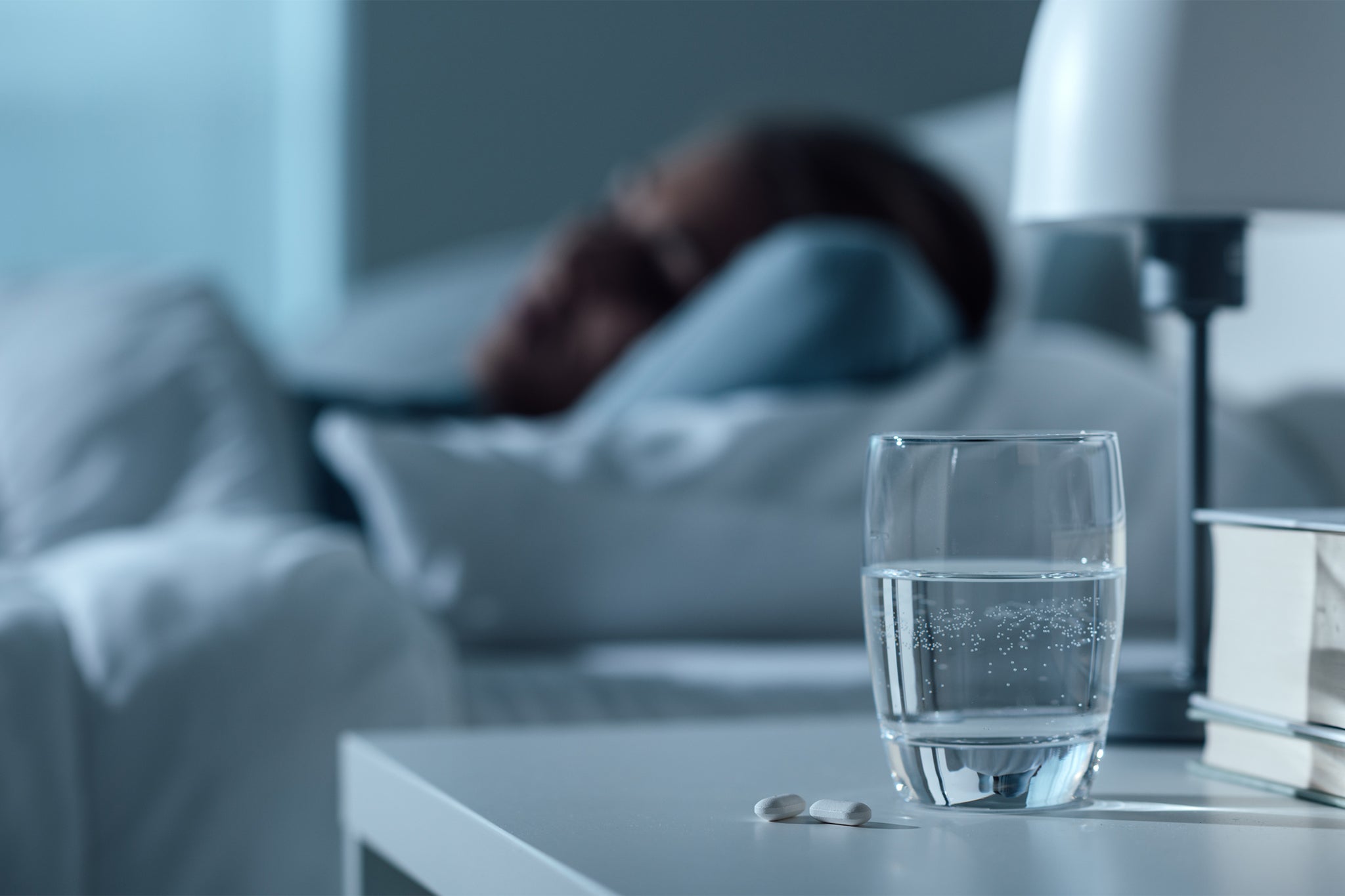Daily epilepsy drug could reduce loud snoring for millions, study shows
The treatment shows a large reduction in breathing issues during sleep

Your support helps us to tell the story
From reproductive rights to climate change to Big Tech, The Independent is on the ground when the story is developing. Whether it's investigating the financials of Elon Musk's pro-Trump PAC or producing our latest documentary, 'The A Word', which shines a light on the American women fighting for reproductive rights, we know how important it is to parse out the facts from the messaging.
At such a critical moment in US history, we need reporters on the ground. Your donation allows us to keep sending journalists to speak to both sides of the story.
The Independent is trusted by Americans across the entire political spectrum. And unlike many other quality news outlets, we choose not to lock Americans out of our reporting and analysis with paywalls. We believe quality journalism should be available to everyone, paid for by those who can afford it.
Your support makes all the difference.A daily epilepsy drug could reduce snoring symptoms for millions of sufferers.
Obstructive sleep apnoea, a stop-start breathing condition which affects around 1.5 million adults in the UK, causes loud snoring, gasping, snorting and choking noises during sleep.
The condition can lead to serious health issues including high blood pressure, diabetes, heart disease and stroke.
A new study presented at the European Respiratory Society congress shows that epilepsy drug sulthiame causes a reduction in symptoms for the breathing condition.
Many with more serious cases of obstructive sleep apnoea need to use a continuous positive airway pressure (CPAP) machine throughout the night, which involves having a mask over the face.
This treatment can be “hard to use over the long term” Professor Jan Hedner, from the University of Gothenburg in Sweden, who presented the research.
“We also need a better understanding of the underlying mechanisms in obstructive sleep apnoea to help clinicians give more personalised treatment,” she added.
The drug sulthiame could be an alternative treatment to CPAP, experts believe, after a trial involving 298 people from 28 different centres across Europe produced positive results.
All the patients in the trial struggled with using CPAP machines and did not use them.
Patients were divided into four groups, with 74 people taking 100mg of sulthiame every day, 74 taking 200mg, 75 taking 300mg and 75 taking a placebo.
Over 12 weeks the patient’s breathing, blood oxygen levels, heart rhythm, eye movements, and brain activity during a night of sleep were all assessed.
Those who took sulthiame had higher levels of oxygen in their blood and took fewer pauses in their breathing while sleeping.
“This suggests that sulthiame could be an effective treatment for obstructive sleep apnoea, especially for those who find they cannot use the existing mechanical treatments,” Prof Hefner said.
“Although sulthiame is already available as a treatment for childhood epilepsy, we still need to carry out a phase III study to confirm the beneficial respiratory effects of this drug in a larger group of patients with obstructive sleep apnoea.”
University of Crete professor Sophie Schiz, who was not a part of the study described the results as “promising”.
The research is yet to be peer-reviewed or published in a medical journal.
Join our commenting forum
Join thought-provoking conversations, follow other Independent readers and see their replies
Comments